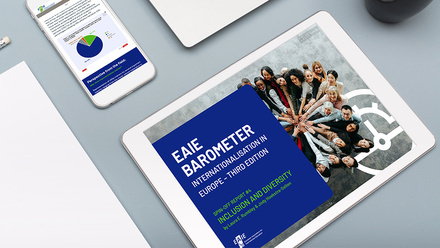Research snapshot: The Bologna Process in Kazakhstan

Localization of the Bologna process in the post-Soviet context: the case of Kazakhstan
Publication date: 02 August 2024
This research stems from the PhD dissertation completed by Saule Anafinova titled 'Asia/Europe Inter-University Cooperation in Higher Education: The Case of Tuning Central Asian Higher Education Area (TuCAHEA)'. It examined how the competence-based approach became an international norm in higher education, driven by the activities of the Tuning initiative. Amitav Acharya’s norm localisation theory was used to create a reconceptualisation literature review of the Bologna Process in the post-Soviet, and specifically Kazakhstani, context, which provides a fresh conceptual perspective on the Bologna process in this non-EU context. This type of reconceptualisation is important because it helps to clarify the policy implications of international norms as they circulate in different national contexts. Norm localisation theory helps to highlight the complexity of processes, in which the foundations of global governance are emerging. This research would be relevant to those who are interested in the external dimensions of the Bologna process, policy borrowing in higher education and the history of higher education reform in Kazakhstan and other post-Soviet contexts.
This research contributes to the understanding of the dichotomy between convergence to or divergence from global norms in local higher education systems and contexts.
About the author
Key findings from the research:
- While borrowing of international norms and standards can be initiated by local actors, successful localisation of the borrowed policy requires strong support at the local level and needs to be supported by local actors, like education agencies and universities. In Kazakhstan, the Bologna Process fit within the quality assurance agenda in higher education.
- The concept of localisation suggests that the context of higher education systems can constrain or support the process of convergence to international models and standards. International education policies can be used for justifying higher education reform locally and for advertising local activities globally.
- The use of the localisation framework suggests that at least in the non-EU context, convergence towards the Bologna model of higher education is likely to be constrained despite its attractiveness beyond Europe.







